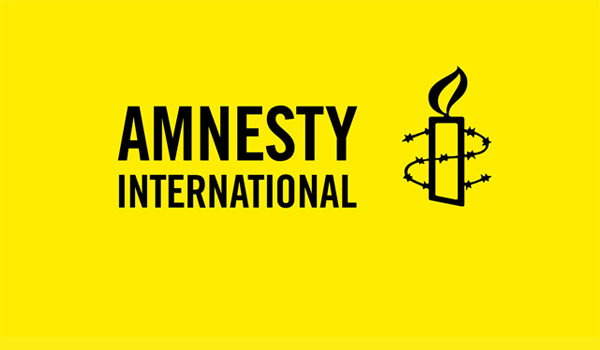“Countries used various methods of killing: hanging, shooting, lethal injection, beheading. They did this with cold efficiency, driving the number of executions up by more than half, compared to 2014. Nearly 90% of these happened in just three countries: Iran, Pakistan and Saudi Arabia. But these figures exclude China, where numbers remain a state secret. While this spike in executions cast a long shadow across the year, there were still glimmers of hope. Four countries expunged the death penalty from their law books for good so that today, more than half of all countries in the world have turned their backs on this cruel, inhuman and degrading punishment,” said Amnesty International.
In Belarus courts imposed at least two new death sentences. At least three people were on death row at the end of 2015. On 18 March Siarhei Ivanou was sentenced to death by the Homel Regional Court for a murder committed in August 2013. He was represented by a state-appointed lawyer
The general rapporteur on the abolition of the death penalty of the Parliamentary Assembly of the Council of Europe, Marietta Karamanli, condemned the death sentence issued against Siarhei Ivanou at the end of a trial which had been held behind closed doors.
In April, the UN Special Rapporteur on the situation of human rights in Belarus also expressed similar concerns on the lack of transparency in the proceedings.
Belarus sentenced another man to death, Ivan Kulesh, on 20 November for “committing murder with particular cruelty”, theft and robbery. According to the forensic medical examination Ivan Kulesh was diagnosed with an antisocial personality disorder. However, he was found “sane” by the Hrodna court.
On 28 January amendments to the Criminal Code came into force, introducing the possibility of substituting a death sentence with life imprisonment at the pre-trial stage by agreement with the prosecution.
The UN Special Rapporteur on the situation of human rights in Belarus expressed his ongoing concern that individuals facing the death penalty in Belarus are being denied a fair trial, the date and time of executions are not reported, the bodies of individuals who are executed are not returned to their relatives and the location of the burial site is not disclosed.
Belarus was reviewed under the UN Universal Periodic Review on 4 May. Belarus accepted recommendations to carry out public campaigns on the arguments for abolition of the death penalty with the aim of ratifying the Second Optional Protocol to the International Covenant on Civil and Political Rights (ICCPR), aiming at the abolition of the death penalty; and consider establishing a moratorium on executions and abolishing the death penalty. It took note of, but did not accept, recommendations to take concrete steps towards abolishing the death penalty including by imposing a moratorium on executions; ratify the Second Optional Protocol to the ICCPR; and allow family members of death row prisoners to visit prisoners before executions are carried out and to bury their bodies after execution, – is said in the report of the Amnesty International about Belarus.
Related articles
Death convict’s brother complains about the pressure in colony
Statement by the Special Rapporteur on the situation of human rights in Belarus, Miklós Haraszti





